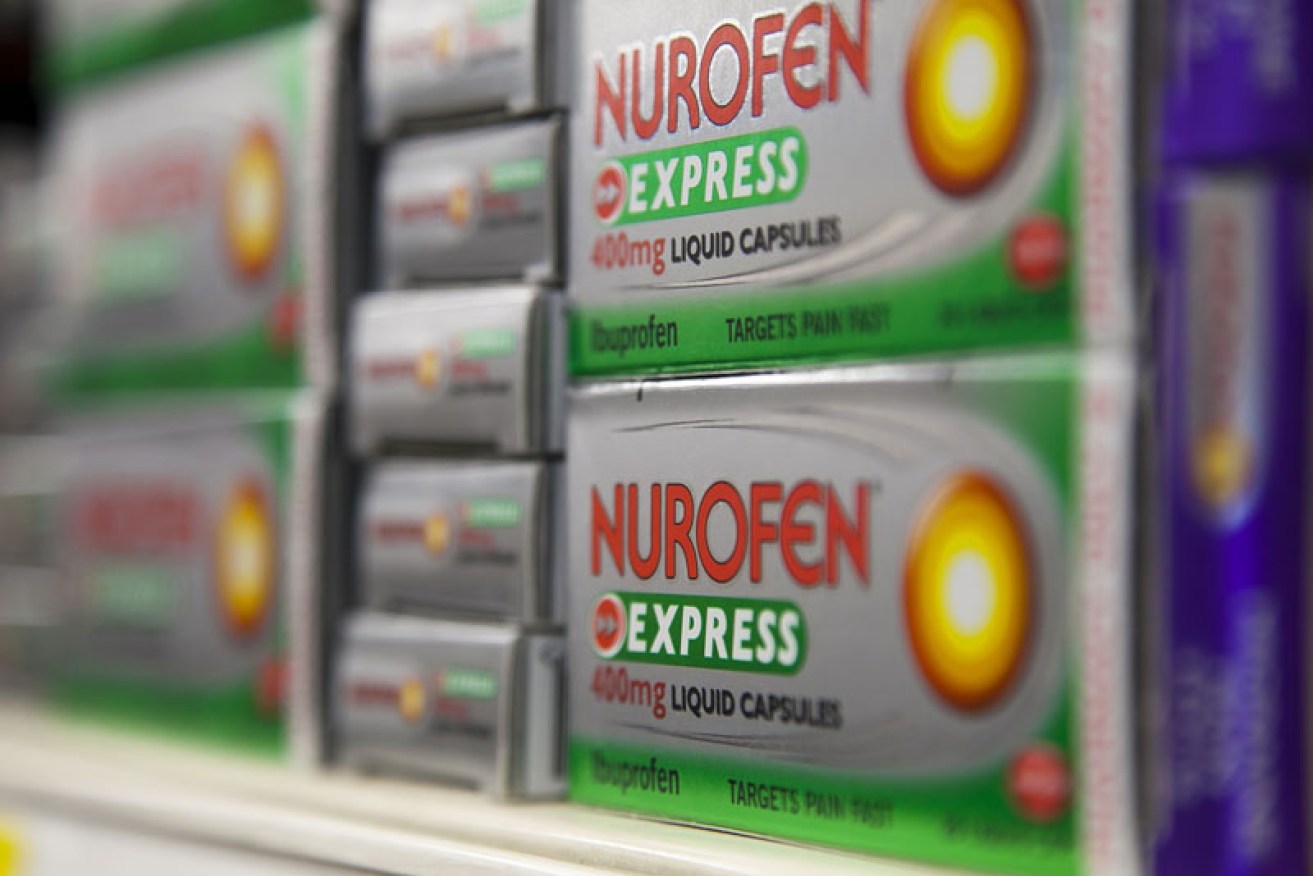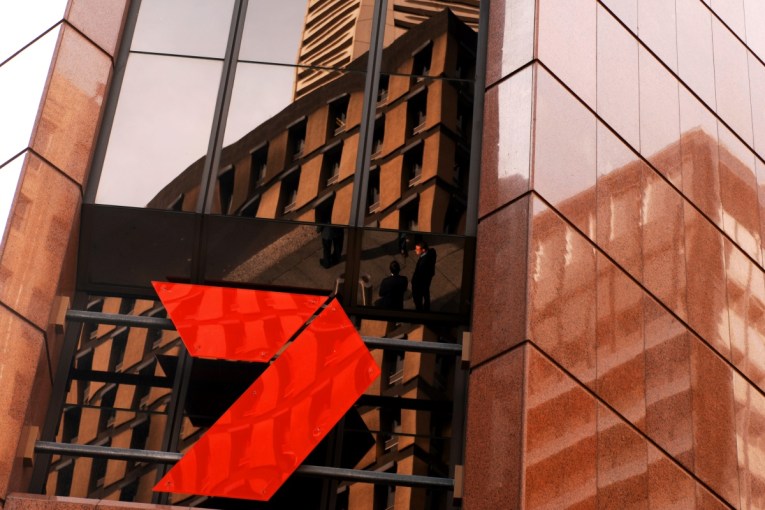Nurofen facing $6m headache

The makers of Nurofen were originally fined $1.6 million. Photo: AAP
The makers of Nurofen should be fined $6 million for misleading conduct, the Australian Competition and Consumer Commission (ACCC) has told the Federal Court.
The consumer watchdog has already won its case against Reckitt Benckiser for a range of “pain specific” products, which all contained the same ingredient and did the same thing.
However, in a hearing to determine penalties, lawyers for Reckitt Benckiser told the court that “rational” consumers would not think a pain-specific product was any more effective than a regular one.
• Radio host Fifi Box reveals father of her child
• New Australian $5 note unveiled by RBA
• Facebook cracks down on sneaky branded content
The products promised to relieve either back pain, period pain, tension headache or migraine, even though it is not possible to target pain relief in such a manner.
All of the products contained the exact same active ingredient: ibuprofen lysine 342mg.
The barrister for the ACCC, Katrina Banks-Smith SC, said Reckitt Benckiser made “substantial profits” from its misleading marketing and a large fine was warranted.
“There needs to be some serious taking away of profit,” she said.

ACCC says Nurofen misled consumers over pain-relief products.
Ms Banks-Smith SC told the court that consumers had been financially harmed over the space of five years as the pain-specific products were sold at almost double the price of Nurofen’s standard range.
“They purchased a product they thought was special and it wasn’t. They were misled,” she said.
The ACCC also argued Nurofen’s competitors were disadvantaged as there was less shelf space available.
In December, the company was given three months to withdraw the products from sale.
In the interim, it agreed to place stickers on the products to correct the misleading claims made on the packaging.
However, lawyers for the ACCC said those stickers were being obscured in some supermarkets.
Ms Banks-Smith said it was proved the company lacked a “culture of compliance” and asked the court to consider that in its penalty decision.
During the hearing, Justice James Edelman joked the weight of evidence may induce a headache in anyone reading it.
“I can suggest some pain relief products your Honour,” the ACCC’s barrister replied.
ABC TV’s The Checkout program highlighted the marketing tactic in 2013, and Nurofen was awarded a Shonky Award for the practice by consumer group CHOICE in 2010.
‘Rational’ consumers wouldn’t be misled, company says
The barrister for Reckitt Benckiser, Matthew Darke SC, said a consumer who bought, for example, a migraine-specific product still got relief from that ailment.
“The product was developed to treat migraine pain … and that’s what it did,” Mr Darke said.
Mr Darke said a “rational” consumer would not purchase a pain-specific product thinking it was more effective than a regular pain reliever.
Justice Edelman asked why a consumer would therefore pay a premium for a product if they knew it was identical.
“Why would a consumer pay more than 100 per cent more?” he said
Mr Darke replied: “Ease of selection,” adding it would save some consumers reading the back of the box.
“[A consumer with a migraine] might well pick up the ‘migraine’ product… simply because no further inquiry is required,” Mr Darke said.
“One doesn’t need to look on the back of the pack.”
Justice Edelman said the argument attributed “a very low level of intelligence to purchasers”.
He has reserved his decision on the penalty against the company until next week.
-ABC








